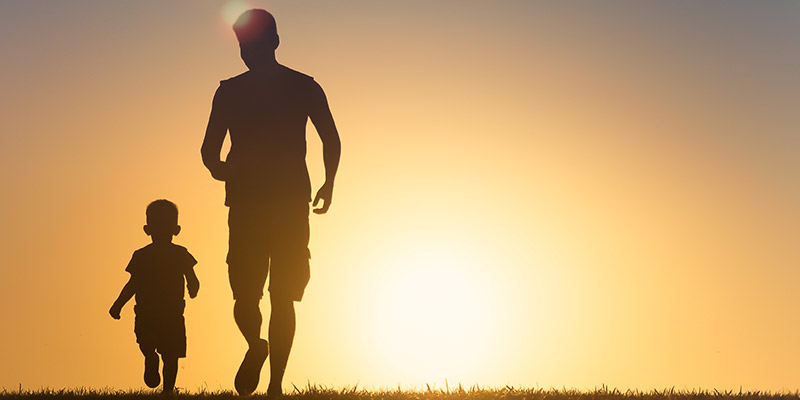Flowers are blooming, temperatures are warmer, and the birds are chirping. Spring is here, which means moving our clocks up an hour for a longer day of sunshine. Daylight saving time starts at 2 a.m. March 13, 2022, and lasts until it’s time to “fall back” eight months later, on Nov. 6.
While the extra hour of sun can help boost our moods and make us feel better, the consequences of losing an hour of sleep can yield dangerous effects and disrupt our bodies for weeks to come. It makes many wonder, “is daylight saving time bad for your health?”
Read on as we dive into the health effects of daylight saving time and what you can do to get back on track after the time change.
Why was daylight saving time started?
Daylight saving time was originally created to conserve fuel during World War I. The idea was that with an extra hour of daylight, people would spend more time outside instead of indoors using energy. However, with today’s energy-efficient lighting, this amount of energy conservation is likely negligible (not to mention a likely increase of A/C use on long, hot days!). Nowadays, daylight saving time is observed in about 40% of countries across the globe, including North America and most of Europe.
Health effects of daylight saving time
When we move the clocks up an hour, this usually means losing an hour of sleep. While an hour may not seem like much, it can be enough to disrupt the body’s circadian rhythm, which coordinates key bodily functions like the sleep-wake cycle, digestion, and body temperature. When the circadian rhythm is out of sync, people can experience mood swings, lower levels of happiness, higher stress, and poor work or school performance, among other symptoms.
Numerous studies over the years have documented the negative health effects of daylight saving time, including increased incidences of heart attacks and strokes. In fact, the Monday following spring time change has been connected to a 24% increase in heart attacks, while the Tuesday following fall time change is connected to a 21% decrease. An extra hour of sleep can benefit most people while losing an hour can be detrimental.
Daylight saving time has even been linked to other problems, like an increase in car accidents and workplace accidents. This is because drivers and workers tend to be more tired and fatigued following the spring time change. When fatigued, people are less alert and more likely to react slowly or make poor decisions.
Daylight saving time also has negative effects regarding mental health, especially during the fall, when clocks are turned back an hour. Less sunlight leads to drops in serotonin levels, which can make people feel more irritable, anxious, and depressed. The fall time change can often trigger instances of seasonal depression.
Daylight saving health tips
Even though it doesn’t sound like much, one hour can make a huge difference in your bodily functions! Fortunately, there are proactive measures you can take to minimize the negative health effects of the spring time change. Here are some daylight saving health tips to keep your body in sync:
- Prepare your body for the time change before it happens. Start going to bed 15-30 minutes earlier than usual in the days leading up to daylight saving time.
- Avoid alcohol and caffeine later in the day, as both can inhibit quality sleep.
- Minimize screen time in the evening before bed. Blue light is harmful to the eyes and can make you feel more alert when you’re trying to go to sleep.
- Soak up the extra sunlight. Go outside and exercise and enjoy the additional sunshine. This can help boost your mood while also getting your internal clock back on track.
Conclusion: Is daylight saving time bad for your health?
There are numerous negative health effects associated with daylight saving time, from mood and depression to cardiovascular risks and car accidents. Many health professionals over the years have advocated for an end to daylight saving time, as they report the potential harm outweighing the benefits. In fact, in 2020, the American Academy of Sleep Medicine released a position statement calling for a switch to permanent standard time due to the negative health effects of daylight saving time.
If you are experiencing symptoms of a stroke, heart attack, or other emergency situation, Neighbors Emergency Center is here for you. We are open and ready to serve you 24/7/365 at our Pearland, Pasadena, Porter, Crosby, Baytown, and Kingwood locations. All our locations are now in-network with BlueCross BlueShield, Aetna, and Cigna. Find your nearest freestanding ER.

